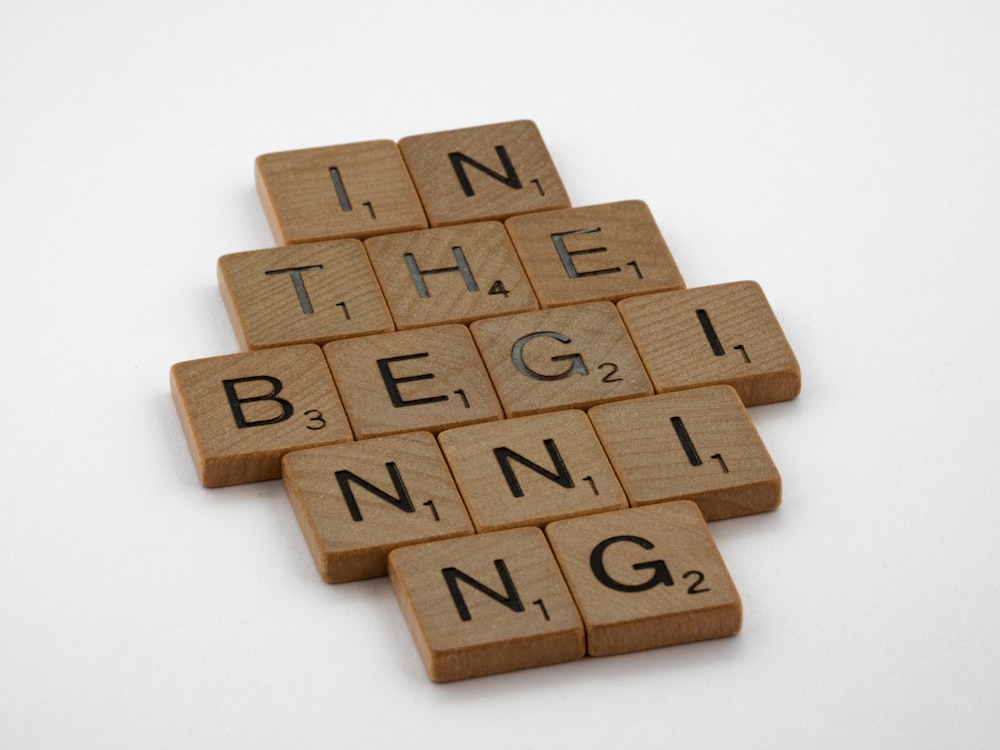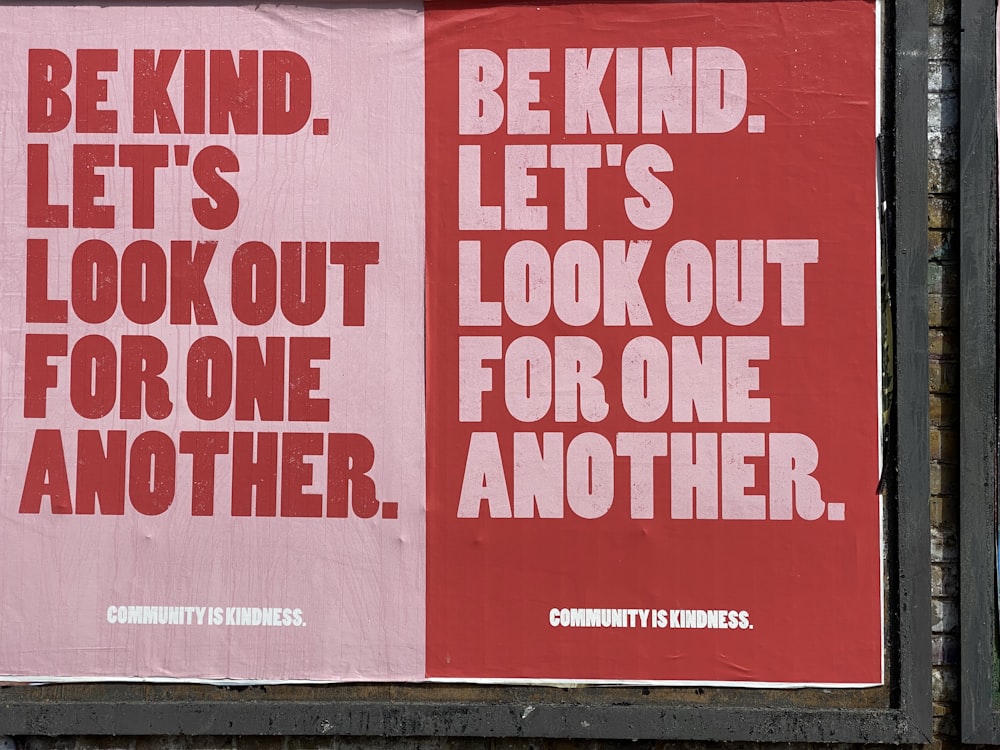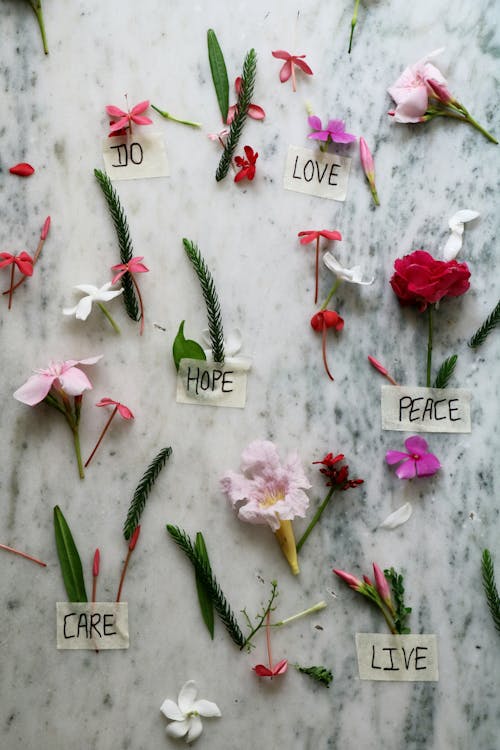
The Secretary of the National Reconciliation Committee of the Bishops' Conference in his column of the Catholic Times reminds the readers of the teaching of our recent popes on War.
Last March, a forum was held at the University of Notre Dame in the United States under the theme, ‘New and old wars, new and old challenges toward peace.’ Cardinal Robert W. McElroy proposed 'a true renewal, restructuring and expansion of Catholic teaching on the legitimacy of war'. He emphasized choosing active non-violence and explained the meaning of Pope St. John XXIII's encyclical "Peace on Earth" as follows:
"The impact of ‘Peace on Earth’ not only on the Catholic community but also on the international community is enormous. This encyclical, written in the midst of the Cuban missile crisis, was based on the conviction that the Church, with its rich tradition of peace, must speak strongly on peace issues, especially with deep concern for the signs of the times. Pope John XXIII not only provided a deep reflection on the meaning of the existence of the international society that emerged in the 1960s but also outlined the basic human rights that can create lasting peace, laying the overall framework needed to establish true world peace."
Since "Peace on Earth", all succeeding popes have strongly condemned the "evil of war". In particular, Pope St. John Paul II also raised his voice against the military operation in response to Iraq's invasion of Kuwait. On January 17, 1991, when U.S. and multinational forces launched Operation Desert Storm, the Pope said: "I strongly assert that war cannot be an adequate means of completely resolving the problems that exist between nations. It has never been the case or be the case in the future."
Russia's invasion of Ukraine appears to be inciting a global arms race. Among European countries, Finland and Lithuania, which border Russia, have increased their military spending significantly, and military spending in Sweden and Poland has also increased significantly. According to the ‘2022 Global Military Expenditure Trends’ report published by the Stockholm International Peace Research Institute (SIPRI), last year’s military spending in Central and Western Europe exceeded in real terms for the first time that of 1989 during the Cold War. The institute also assessed that China and Japan are leading the military expansion in Asia.
The dark cloud of the ‘Cold War’ is gaining ground again. Today's church must more boldly proclaim the teachings of Pope St. John XXIII, who emphasized: "Everyone, however, must realize that, unless this process of disarmament is thoroughgoing and complete, and reaches men's very souls, it is impossible to stop the arms race or to reduce armaments, or—and this is the main thing—ultimately to abolish them entirely. Every one must sincerely cooperate in the effort to banish fear and the anxious expectation of war from men's minds. But this requires that the fundamental principles upon which peace is based in today's world be replaced by an altogether different one, namely, the realization that true and lasting peace among nations cannot consist in the possession of an equal supply of armaments but only in mutual trust. And We are confident that this can be achieved, for it is a thing which not only is dictated by common sense but is in itself most desirable and most fruitful of good." (No. 113 of Peace on Earth).





